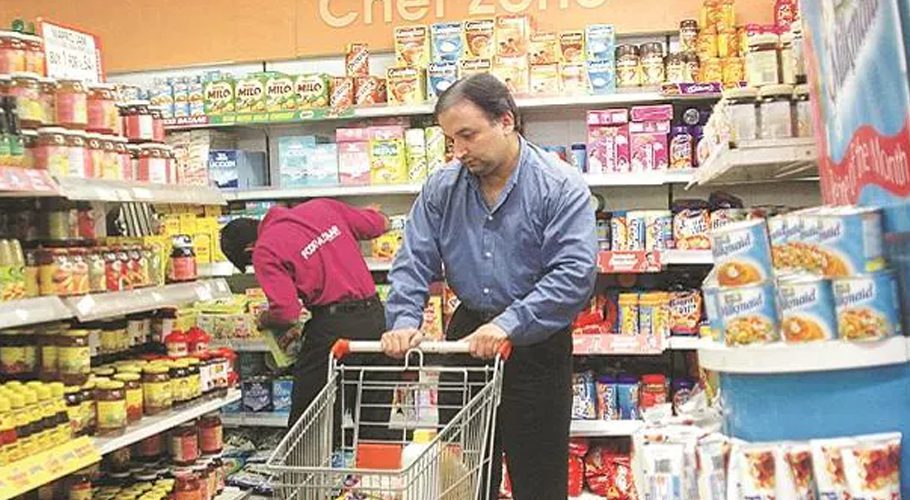Major consumer corporations including Kraft Heinz and Conagra Brands are reducing product lines to address sky-high prices and declining customer demand.
Several businesses began to reduce their product options during the epidemic and are now vigorously resuming those efforts, removing less-popular commodities to concentrate on those on which they can more readily raise prices in the face of persistent food price rise.
Executives at Unilever and Nestle claimed to have saved billions of dollars by getting rid of the underperforming products in their portfolios.
Conagra recently stopped offering Marie Callender’s chocolate chip cookie dough cream pie to make place for a no-sugar-added apple pie, which the US food firm anticipates selling more quickly.
A “decomplexity initiative” is being implemented at Kraft Heinz, according to company officials who spoke this week at the Consumer Analyst Group of New York Conference. Recently, Heinz Genuine Mayonnaise was discontinued.
At a conference, Mondelez International CEO Dirk Van de Put informed Wall Street analysts that the manufacturer of Oreo had a clear “one in, one out” policy about product replacement.
Read more: PSX loses 130 points as IMF uncertainty weighs
Cutting items last year, according to Nestle and Unilever, saved $1.06 billion in Swiss francs ($1.06 billion).
In order to boost their own sagging sales, retailers are now seeking fresh, quickly-selling items. Goods with a narrow market or low popularity are more likely to be discontinued.
According to market research company Euromonitor, Heinz Real Mayonnaise has a tiny market share worldwide.
In other circumstances, suppliers are giving in to retailer demands to minimise inventory in the hopes that reducing the number of product lines will increase store productivity and save operating and stocking costs.
According to Reuters, Walmart said it was requesting more information from suppliers to support pricing and pushing for more innovative methods to cover expenses and mitigate price increases for customers.
Price issues are more pressing right now, but that’s where we can step up and engage in data-driven discussions with our suppliers, according to chief financial officer John David Rainey.





































